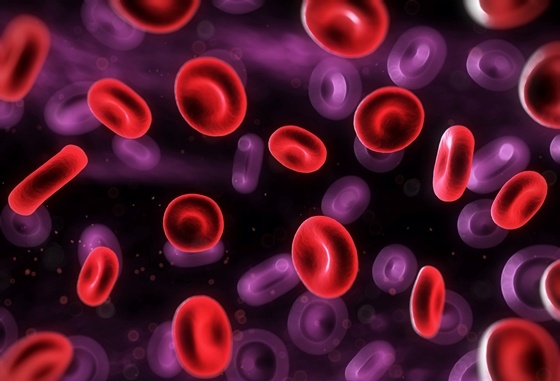
Researchers from the United States have discovered a component in umbilical cord blood that may be useful for treating inflammatory conditions in humans. The scientists have isolated and successfully tested the component in animal tests.
There are dozens of inflammatory conditions that can damage tissue, including rheumatoid osteoarthritis and sepsis. Serious inflammation can damage organs and is a leading cause of death.
The U.S. research team isolated neonatal NET inhibitory factor (nNIF) from cord blood to test its capacity for inflammation reduction. This component of umbilical cord blood is activated in the blood of newborns for the first two weeks of their life. Scientists suspect that it safeguards babies against certain health conditions.
The isolated nNIF was given to mice with sepsis-induced inflammation, breathing problems and fever. The researchers found that 60% of the mice who received the treatment lived beyond two to four days, compared to only 20% of the mice that did not receive the treatment. The results were published in the Journal of Clinical Investigation.
The incredible results from the study indicate that nNIF could be used to create powerful anti-inflammatory drugs that could save lives. However, researchers are somewhat cautious because some animal tests produce different results compared to human tests.
Study author and professor of internal medicine at the University of Utah, Dr. Guy Zimmerman, said of the findings: “We found something we weren’t expecting, and it has taken us to new strategies for therapy that didn’t exist before.”
Source: Anti-inflammatory agent in cord blood shows promise in mice
{{cta(‘010124f3-c9bc-4a23-b9fc-74953e6288c9’)}}


